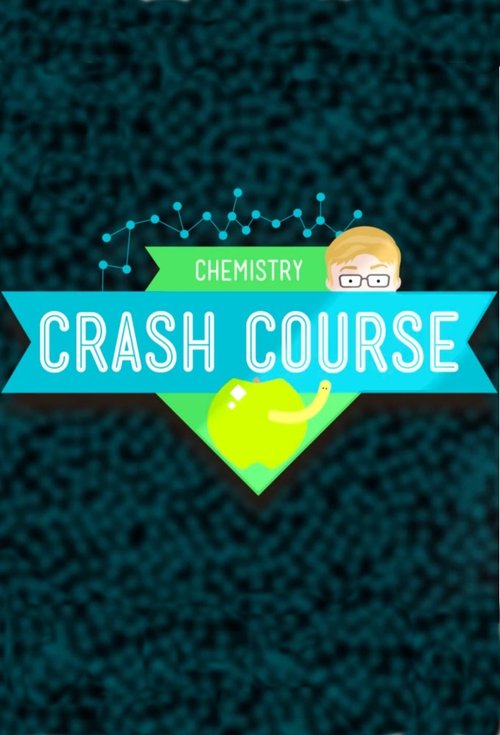Discover on Tv
Genres
Appearance
- light/dark mode
Hank does his best to convince us that chemistry is not torture, but is instead the amazing and beautiful science of stuff.
More

Hank does his best to convince us that chemistry is not torture, but is instead the amazing and beautiful science of stuff.













































